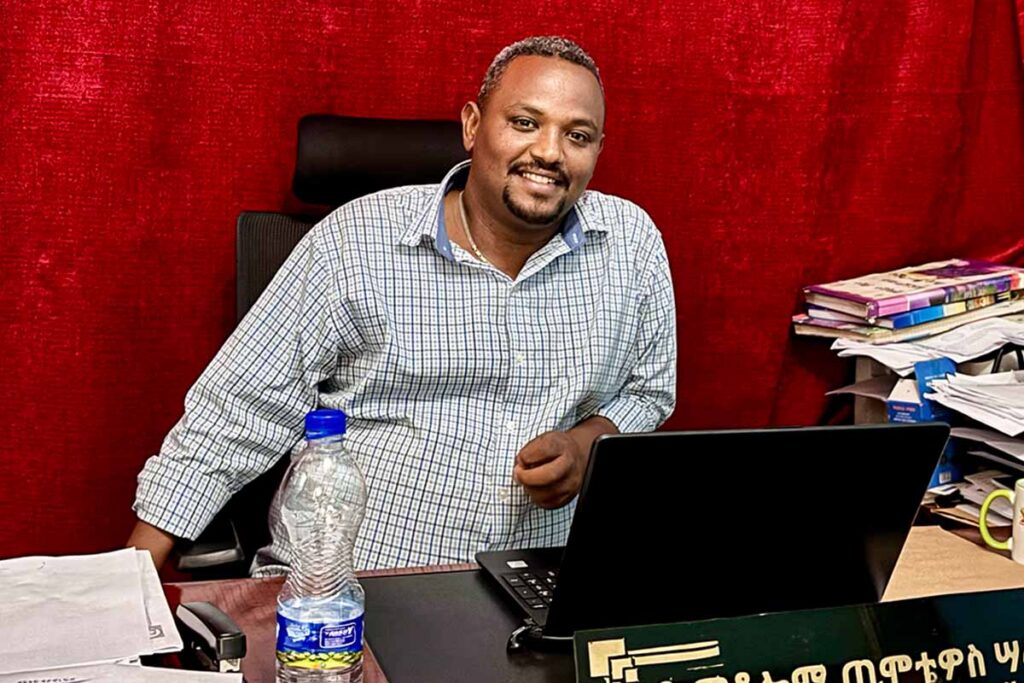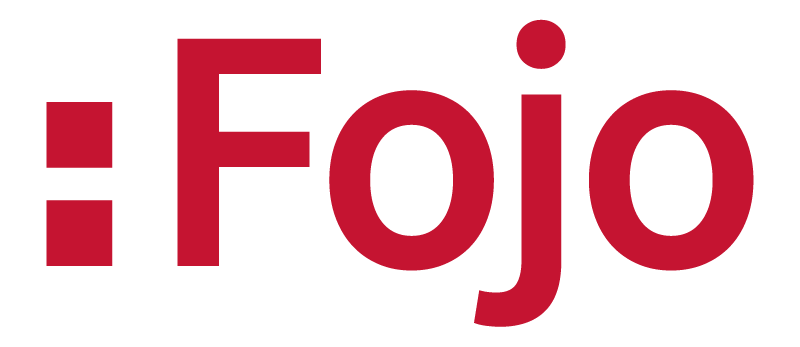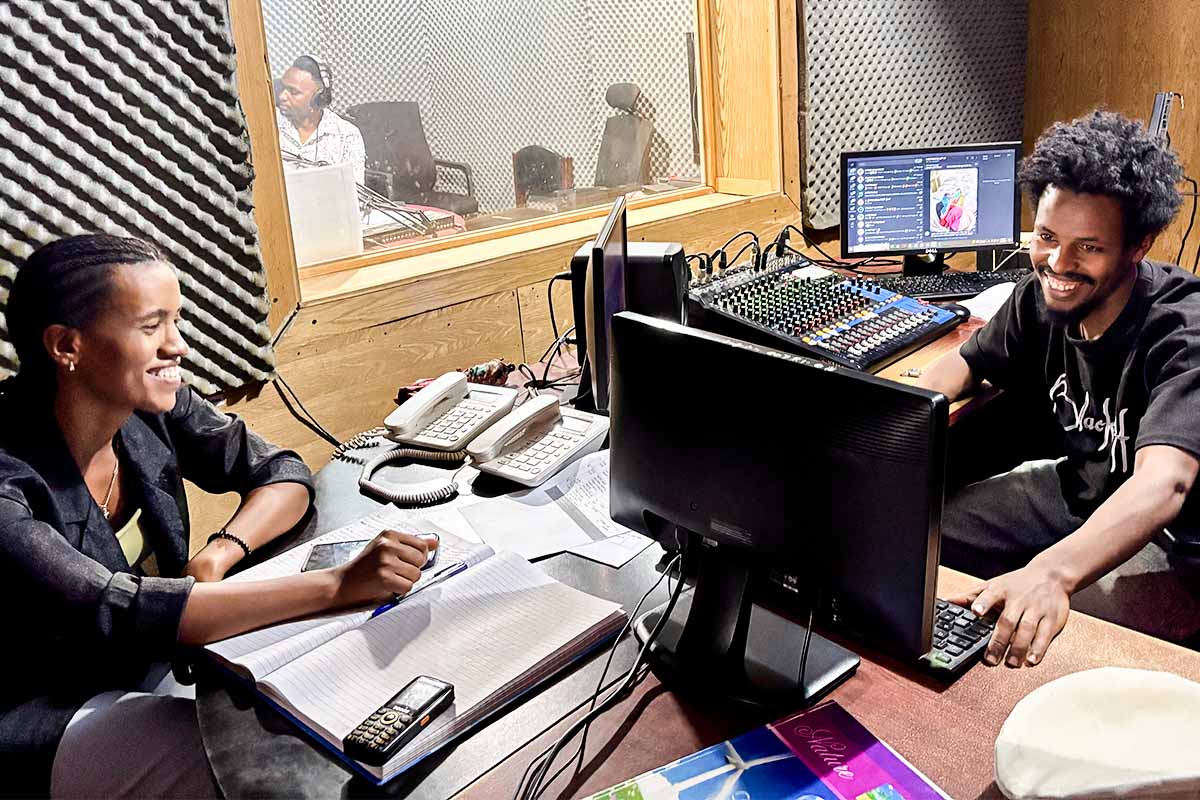Wogeta FM has grown into one of the most professional community radio stations in Ethiopia thanks to long-term support from Fojo Media Institute. The station now broadcasts 12 hours a day, featuring popular programmes that give voice to community concerns and amplifies them to the point of holding local officials accountable.
Community radio plays a vital role in Ethiopia, especially in rural and semi-rural areas, by serving as a platform for diverse communities to access crucial information. Despite this importance, many community radio stations face significant challenges, including professional skill gaps, limited resources, outdated equipment, and weak audience engagement, all of which hinder their ability to fulfil their mission.
In line with its objective to strengthen media professionalism, Fojo Media Institute’s media development programme in Ethiopia is working to ensure that community radios and selected media outlets develop the professional skills and capacity to serve diverse audiences in a sustainable and impactful way. As part of this initiative, Fojo is currently supporting seven community radio stations across Ethiopia, one of which is Wogeta Community Radio in Wolaita.
Supporting media viability
Located in the southern Ethiopian city of Sodo in Wolaita, the radio station Wogeta 96.6 FM has served as an important source of information for over a decade. While comprehensive research on audience reach is very limited, it is estimated that Wogeta FM reaches close to 2 million listeners across the areas of Gamo, Gedio, Sidama, Wonago, Ari and parts of Oromia in south-central Ethiopia. With a team of 22 passionate permanent staffs and volunteers, the station produces 12 hours of content daily. However, for years, its potential was limited by broken equipment, lack of technical expertise, financial constraints, and limited community interaction.

“This began to change when Wogeta partnered with Fojo Media Institute two years ago following an open call for media viability support,” said Motolomi Timotios, the station manager. “We received essential equipment like desktop computers, IC recorders and a telephone hybrid, as well as training in radio management.”
Since the installation of the telephone hybrid system, listener engagement has significantly increased. Motolomi said that they now receive over 80 calls per programme and more than 200 calls daily to prove the stations growing relevance and impact in the community.
The support package also included in-house capacity-building workshops and revenue-generation strategies delivered in collaboration with experts from Wits Radio Academy, University of Witwatersrand, Johannesburg, South Africa, to help the station build a foundation for long-term sustainability.
Yemsrach Ermias, a volunteer who has been with the station for 3 years said:
“I have learned many skills beyond what I was taught in class such as live show production, news writing and conflict-related reporting thanks to the training. I didn’t know anything about scriptwriting and production before; this training gave me a big opportunity to grow. It also helped me understand how to find strong news angles that bring us closer to the community. Now, I am applying these skills in my daily work.”
From isolation to engagement
Yemsrach Ermias also recalled how the station struggled with connecting to its listeners. “We had the passion, but we were missing the tools to interact with our audience,” she said. “That was a big issue.”
Thanks to Fojo’s support, Wogeta has experienced a significant shift. The station developed structured programming based on community interests, launching new shows on topics like Woga (reducing harmful practices in the community), women’s health, family issues, marriage and child-rearing. Another popular programme is the weekly “Who is responsible?” which highlights community concerns and holds local officials accountable. These programmes were crafted through proper scheduling, research and community feedback ensuring relevance and resonance.
“Before, it felt like we were broadcasting in one direction,” Motolomi reflected. “Now, the phone rings now and then. The audience is engaged and feels heard. They notice the change, and we’re receiving positive comments. Now, our staff is more skilled and become confident in their roles.”
Wogeta FM has also embraced social media as a powerful tool for outreach and audience engagement. Following guidance from Fojo’s consultants, the station began a Facebook page more strategically. Today, the page is updated several times a day, has over 19,000 followers and enjoys a high level of audience engagement helping them connect more with the community.
Advancing gender inclusion
One of the most impactful changes at Wogeta FM has been gender inclusion. Previously, women had limited presence in both on-air and behind-the-scenes roles. Today, over 30% of the team are women, serving in different roles in the station.
“This has led to an increase in female listenership and deeper community engagement,” Motolomi noted. “It shows that the community sees the changes and feels represented.”
“Wogeta FM is a mirror of our local life. They talk about our struggles and they give us strength.”
Mebrat Gina, 26, a local listener from Abela Abaya.
Strategic support, sustainable Impact
The transformation of Wogeta FM community radio demonstrates how strategic support covering equipment, training, content development, mentorship to the management and financial sustainability can unlock the potential of community media and empower local drivers of change.
Under its current programme, with support from the Embassy of Sweden and the Embassy of the Netherlands in Addis Ababa, Fojo Media Institute is continuing this important work by supporting a total of seven community radio stations including Argoba, Haramaya, Kembata, Mekelle, Koore, Wogeta, and Adola to help them represent local voices and become both impactful and sustainable while maintaining quality journalistic standards.



